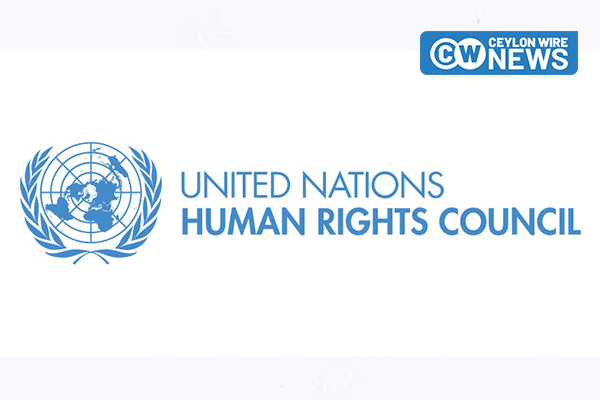The 57th session of the United Nations Human Rights Council is scheduled to begin on Monday, September 9, in Geneva.
A key item on the agenda is the discussion of a report on Sri Lanka prepared by the Office of the High Commissioner for Human Rights (OHCHR). According to the UN Human Rights Council’s official website, this report will be addressed on the opening day of the session.
In its recent report, the UN Human Rights Office has urged Sri Lanka’s creditors to provide the government with the necessary fiscal space to fulfill economic, social, and cultural rights. UN Human Rights Chief Volker Türk emphasized that economic policy decisions should align with Sri Lanka’s international human rights obligations.
Türk highlighted that the ongoing impact of the 2022 economic crisis and subsequent austerity measures has disproportionately affected the poor, particularly women. The report also identifies renewed threats to fundamental freedoms in Sri Lanka, including regressive laws, erosion of democratic checks and balances, and ongoing intimidation against civil society and journalists.
The report underscores the importance of the upcoming presidential and parliamentary elections as an opportunity for Sri Lanka to recommit to the transformational changes demanded by its citizens, including accountability and reconciliation. It criticizes recent laws and bills that expand security forces’ powers and impose new restrictions on freedoms of expression, opinion, and association, particularly concerning during the pre-election period.
Despite a promised moratorium, the report notes continued use of the Prevention of Terrorism Act for arbitrary arrests, detentions, torture, and deaths in custody. It highlights ongoing impunity and lack of accountability for crimes committed during and after the civil war, which ended in 2009.
Türk called for the newly elected government to address the root causes of conflict and undertake significant constitutional and institutional reforms. He also stressed the need for thorough investigations and accountability for the 2019 Easter Sunday bombings and other human rights violations.
In the absence of effective domestic prosecution, the report urges the international community to pursue complementary strategies, including extraterritorial and universal jurisdiction, targeted sanctions, and other measures consistent with international law, to support accountability in Sri Lanka.








